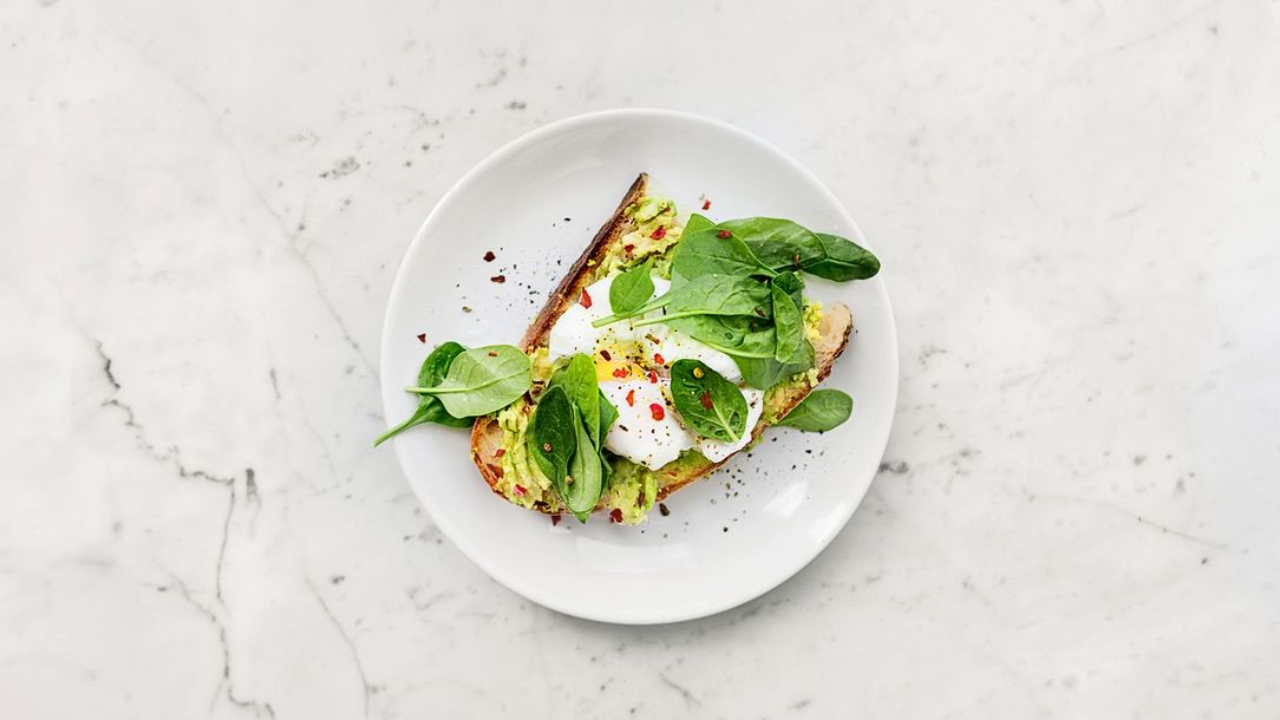

Self Abandonment vs. Self Acceptance

Your relationship with yourself is the most important relationship you will ever have. It is the one relationship that is inescapable and the one relationship that can affect all other relationships in your life.
So it is important to evaluate whether you operate primarily from self-acceptance or self-abandonment...
(Listen to the full podcast episode here)
What is self-abandonment/rejection?
Essentially, it is rejecting or abandoning one's needs and feelings.
Self-abandonment can look like some or all of the following:
- Rejection of own needs, thoughts, and feelings
- Always putting others' needs above our own
- Hiding parts of yourself you feel ashamed of
- Ignoring our need for self-soothing and relying on food or other substances to shift our state
- People pleasing- being who you think you need to be in order to be accepted and loved
- Frustration for not being "motivated" enough or sticking to healthy habits
- Ignoring our intuition or gut feelings
- Perfectionism, suppressing your feelings, frequent self-criticism, and judgment
- Co-dependent relationships
Why do we abandon ourselves?
- This can happen as a result of being abandoned by our caretakers- abandonment feels familiar therefore, we abandon ourselves the same way others abandoned us. This can mean that emotional and/or physical needs were not met or refer to actual abandonment.
- We abandon ourselves in order to maintain healthy attachments to our parents and/or caregivers. We felt that we needed to push away our own needs, desires, or self-expression in order to be accepted and taken care of by our parents/caregivers.
- Our parents/caregivers had a self-rejecting relationship with themselves. This was modeled for us and now it is all that we know so we replicate what was modeled for us in our lives.
- We do not know how to be there for ourselves because no one was truly there for us in the ways we needed them the most. *This does not mean that we had bad parents/caregivers*
- This can look like becoming whatever/whoever you need to be to keep the peace and avoid unpredictability or criticism.
What does self-acceptance/respect look like?
- Learning about & understanding your habits and actions rather than beating yourself up for them- getting curious instead of judging yourself or abandoning your needs altogether
- Developing awareness around why you do the things you do or can't get yourself to do the things you wish you would rather than blaming or shaming yourself
- Self-compassion- talk to yourself kindly and be curious rather than judgmental
- Learning to self-soothe and stay present with ourselves in times of distress
- Honoring your body's needs and listening to your intuition and gut feelings
*It is important to note that self-acceptance ≠ self-love. You do not have to love yourself or your body in order to accept and respect yourself and your body*
How do you shift into a more self-accepting relationship with yourself?
- Validate your own feelings (whatever you are feeling is valid and okay and you are allowed to feel it)
- Allow yourself to have needs and express those needs (this can be hard if you have always pushed your own needs aside but we all have needs and deserve to have those needs met whether it is by ourselves or by others)
- Practice self-compassion and curiosity as opposed to self-judgment and disgust
- Set healthy boundaries and stand up for yourself
- Explore your authentic self. We often push away or hide parts of ourselves in order to be loved and accepted as children. Have you allowed yourself to fully explore who your authentic self is?
- Embrace all parts of yourself, even those you feel ashamed of, scared of, or frustrated by.
- Work with a therapist or counselor to explore your relationship with yourself


